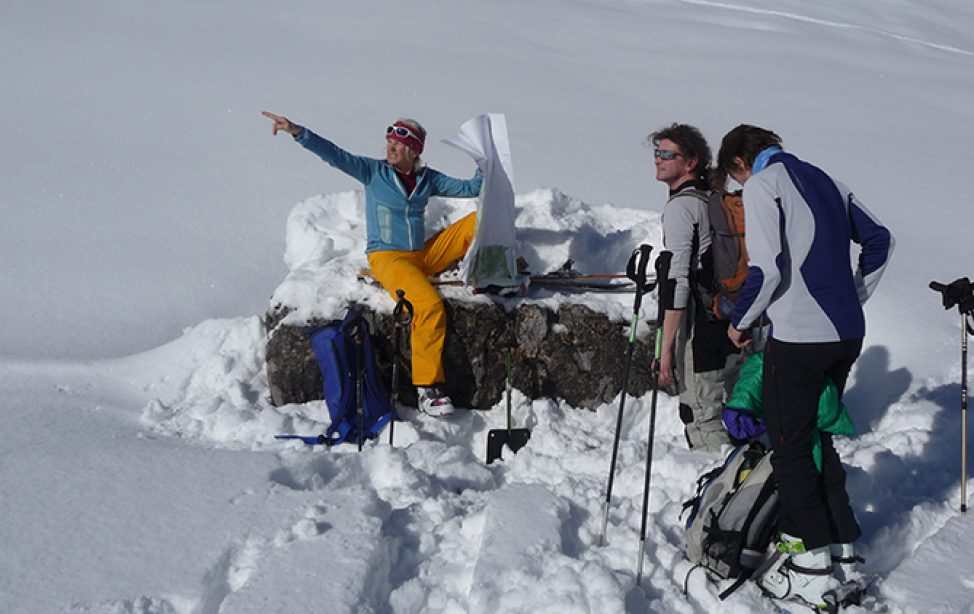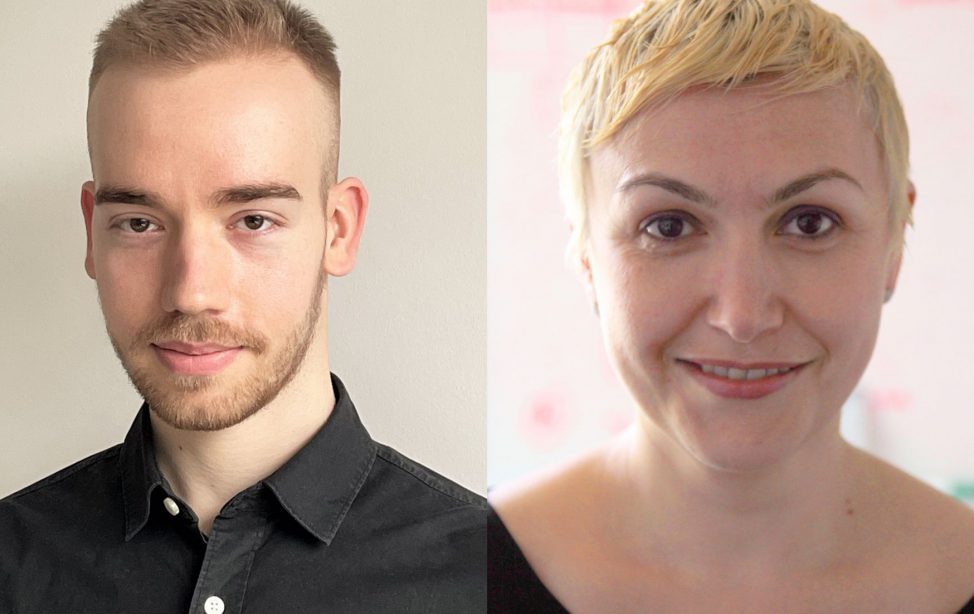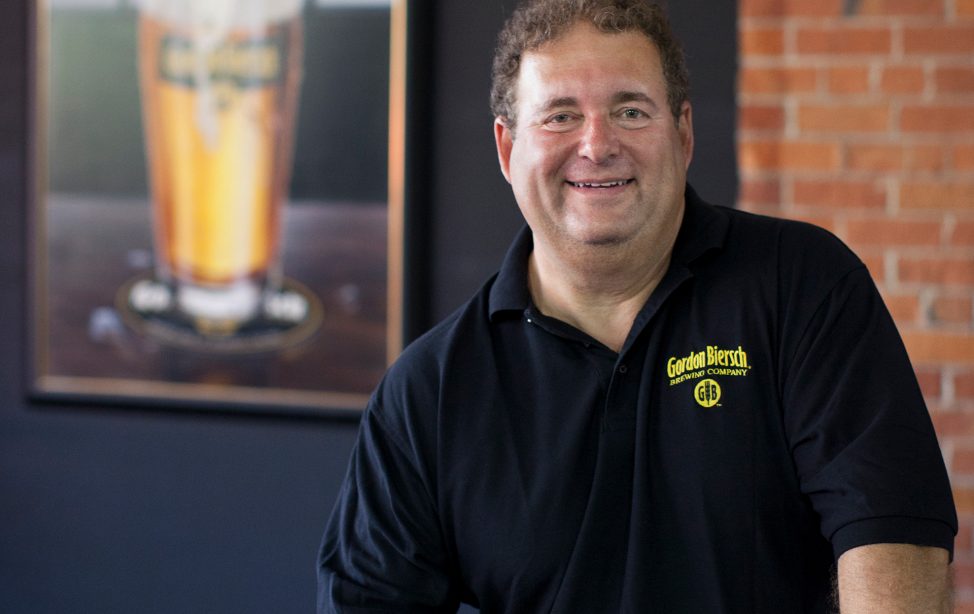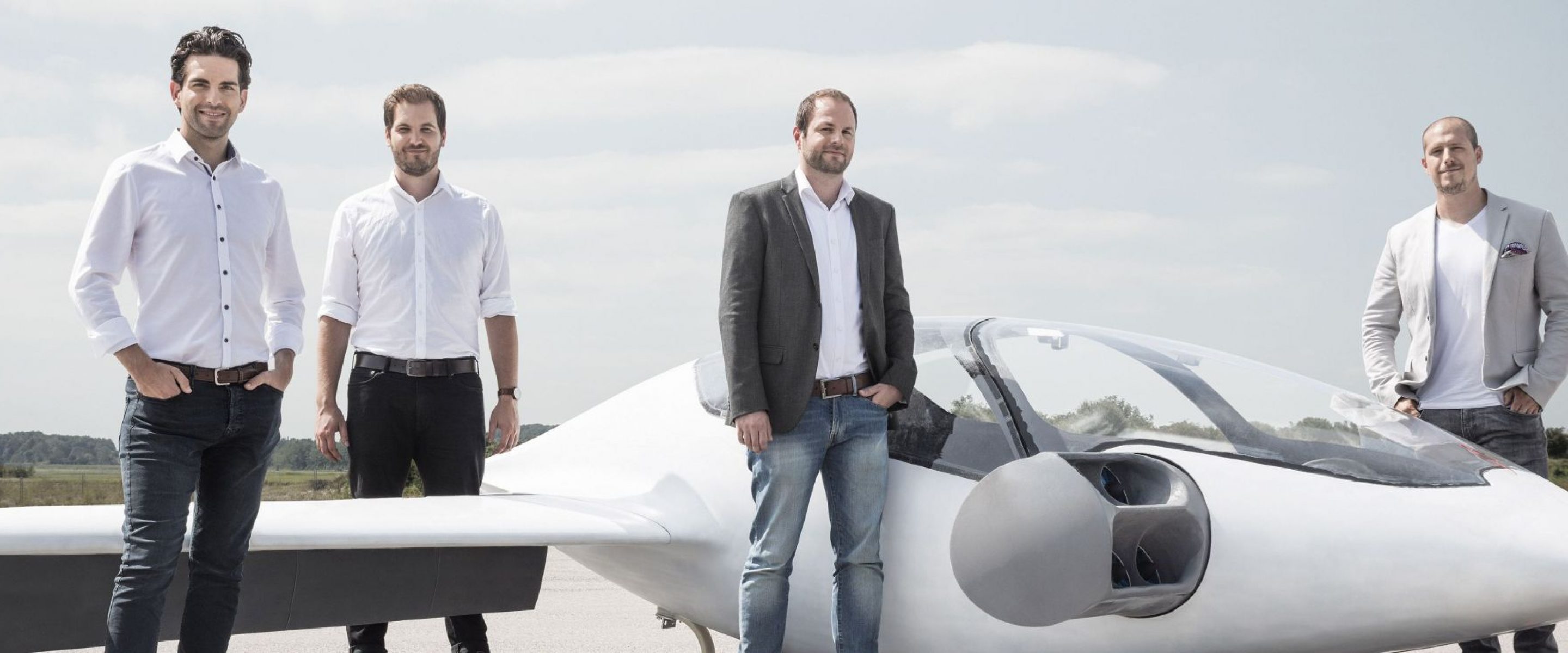
Four TUM Alumni and one dream: Daniel Wiegand, Matthias Meiner, Sebastian Born and Patrick Nathen built one of the first all-electric vertical take-off and landing jets, to be used in private transport (Image: Lilium Aviation).
Daniel Wiegand has fond memories of his time studying at TUM. “I still draw most from the experiences of actually building something”, he says. He remembers solar-powered turbo compressors, electric engines, and also – with a smile – the biggest paper plane of his university time, which, with a wingspan of one meter, silently floated towards a very surprised professor.
The dream of flying
His passion, flying and aircraft propulsion would still not let go of him during an exchange semester to Glasgow in 2013. But instead of a flying object made of paper he now came up with the idea of an electric vertical take-off and landing jet for private transport. He started calculations for his idea, first just for fun, and then more and more seriously. Back in Munich, he first put together a team and then founded a start-up.
We don’t want to offer a luxury product just for rich people. We want to solve one of society’s problems.
Vertical takeoff
Since starting their business in the beginning of 2015, the four young engineers’ careers have taken off just like their energy efficient vertical take-off and landing jet. Still in the first year of its founding, the company won over the European Space Agency as a supporter and sent the first prototype up into the air. Frank Thelen, well-known investor of the RTL show “Dragon’s Den” [in Germany the show is called ‘Die Höhle der Löwen’], Skype founder Niklas Zennström, as well as Tencent, LGT und Obvious Ventures followed suit in joining the company. Rarely has a European start-up collected that much funds. Overall, Lilium has raised 100 million Euro of equity capital.
The future of flying
The most important thing, according to Daniel Wiegand, he has learnt through starting a business is an incredibly positive view of the future and the feeling of being able to shape things. The first, fully functional jet is to take off still in 2019. In 2025 the Lilium Air Taxi Service will be available to the people in several cities. Five passengers will then be able to travel up to 300 kilometres at a speed of 300 kilometres per hour – without traffic jams, without complex infrastructure, nearly noise-free in cruise flight and powered by climate-friendly energy. “We don’t want to offer a luxury product just for rich people. We want to solve one of society’s problems”, Daniel Wiegand explains his vision. “People are our top priority. The Lilium Jet expands the radius of a person’s life by a factor of 5.”
Faster than Boeing, Airbus and Uber
There is keen competition on the air taxi market. Daniel Wiegand is one of the top players. With regards to technology, Lilium’s zero-emission vertical take-off and landing jet is the most sophisticated product. He and his team have a crucial advantage over large corporations: speed. “We have quick decision-making processes. I am still both CEO and Chief Engineer”, Daniel Wiegand says. On top of that, the start-up from Munich is bringing in experts one by one, from Tesla, Airbus, BMW – and last but not least on a regular bases from TUM. “To see so many highly-motivated and brilliant people from all corners of the world pursue a common goal is incredibly inspiring”, he adds. “The atmosphere in our project really is electrifying.”
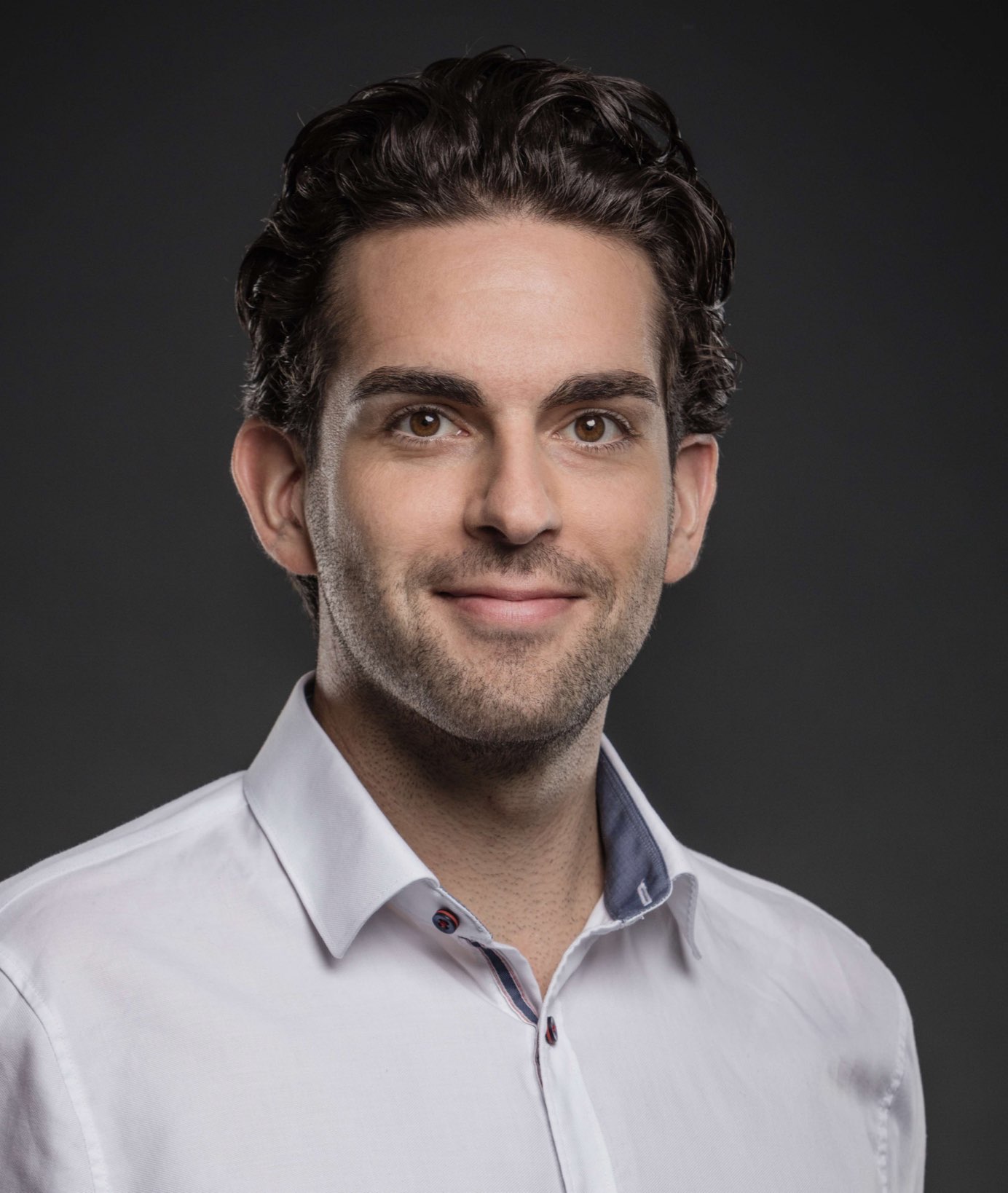
Daniel Wiegand (Image: Lilium Aviation).
Master Aerospace Engineering 2015
Daniel Wiegand has studied Aerospace Engineering at TUM. Together with three other TUM Alumni, Sebastian Born (Master Product Development and Engineering Design 2012), Matthias Meiner (Diploma Mechatronics and Information Technology 2014) und Patrick Nathen (Master Aerospace Engineering 2012), he created the start-up Lilium in 2015. As the CEO and Chief Engineer he is working on making his vision reality; to make flying accessible to everyone. In 2017 Daniel Wiegand has been voted Innovator of the Year (competition innovators under 35, MIT Technology Review). The Handelsblatt newspaper is listing him among the 100 Innovators in Germany.
Based on its technology and the successes of the latest funding round, the start-up Lilium was valued at over $1 billion. This places it alongside the world’s most successful start-ups: the “unicorns”.
Daniel Wiegand spends his free time with his girlfriend, friends and his family. In order to relax he needs a distraction. Running helps him clear his head.
